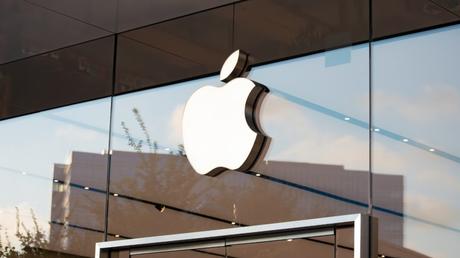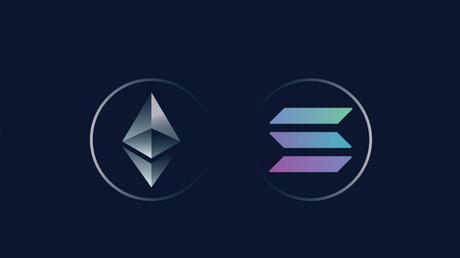
The good news is that Apple’s (AAPL 7.55%) App Store now supports non-fungible tokens (NFTs). Given Apple’s immense influence in the tech industry, this seems to portend the widespread adoption of NFTs in the near future. The bad news is that Apple’s new NFT restrictions are potentially so restrictive and burdensome that the crypto community has already responded negatively.
Since Ethereum (ETH 7.98%) and Solana (SOL 8.41%) are the two leading cryptocurrencies in the NFT market, it is evident that Apple’s new NFT policies will have a significant impact on the future of these two cryptocurrencies. Let’s examine three problematic Apple NFT policies and their potential implications for Ethereum and Solana.
- The 30% levy
The problem that is receiving the most attention is Apple’s decision to take a 30% cut of all in-app NFT transactions. Yes, it is now possible to buy and sell NFTs within apps, although Apple will charge its regular 30% transaction fee. This “tax” has long been a significant point of controversy in the IT industry. This has been the subject of lawsuits, and even Elon Musk has chimed in on the issue. Some developers and producers believe that this 30% tax could end the NFT app industry.
Solana has already come forth and stated that it will not support this 30% tax. Take the leading Solana NFT marketplace, Magic Eden, as an illustration of how this works in practice. Currently, you may get the Magic Eden app through the App Store. After launching Magic Eden on your iPhone, you may peruse the most popular NFT collections and explore the best NFT creations. However, you cannot currently purchase anything via the Magic Eden app. If you wish to purchase an NFT, you must visit the Magic Eden website, where the transaction price is a much more acceptable 2%.
- Pay with fiat, not cryptocurrency
Apple’s refusal to accept cryptocurrency as payment for any NFTs is another highly contentious matter. This goes against the fundamental notion of NFTs in numerous ways. NFT collectors have traditionally paid for NFTs using cryptocurrency. When you visit OpenSea, the largest Ethereum NFT marketplace, you will see that NFTs are priced in ETH, not Dollars. When you visit Magic Eden, the prices of NFTs are displayed in SOL, not dollars.
Nevertheless, Apple’s move to exclude crypto-payments may make NFTs simpler for casual users to comprehend. Most people would not normally say something like, “I recently received a discount on my Bored Ape NFT. I paid only 75 ETH for it.” Apple is merely attempting to simplify NFTs for the typical consumer, as a number of commentators have noted. You pay in dollars for your digital music, so why should you not pay in dollars for your digital NFTs?
- Prohibit specific types of NFTs
When it comes to the types of NFTs that consumers will be permitted to buy, sell, and trade, the restrictions become very stringent. It appears that Apple has implemented a de facto prohibition on utility NFTs, which are NFTs with additional features, benefits, or perks. These are non-fungible tokens that are more than simply nice visuals — they have additional features that make them valuable. Apple has added explicit language in their NFT policy prohibiting NFTs from unlocking other “features or functionality.”
Play-to-earn (P2E) games, which provide the chance to earn or acquire in-game assets while playing, may be the most affected. Frequently, these in-game materials take the form of NFTs. Apple’s regulation appears to have the greatest influence on the Ethereum NFT ecosystem, given that Ethereum is usually regarded as the leading blockchain for P2E gaming.
The outlook for NFTs

Currently, it appears like Apple is attempting to become the leader in the mobile NFT market. If you own an NFT, Apple would like to see it on your iPhone. If you are purchasing or trading NFTs on the primary or secondary markets, Apple wants you to be using an iPhone. Apple will, of course, take a sizable percentage of each purchase.
Solana believes it has a brilliant solution: a new “mobile crypto” strategy that includes the world’s first crypto phone. The launching of the next Saga phone is scheduled for the first quarter of 2023. While this phone was never intended to compete with Apple or disrupt the Apple ecosystem, it could convince developers to switch to Solana and consumers to conduct future NFT transactions through Solana.
In the grand scheme of things, Apple’s formal foray into the area of NFTs creates new prospects for both Ethereum and Solana. Apple is attempting to make NFTs as straightforward and user-friendly as possible. This will increase the entire NFT pie size for Ethereum and Solana. If Apple ever becomes a dominating player, it is up to these two cryptocurrencies to determine how to secure their share of the pie.
Leave this field empty if you're human: